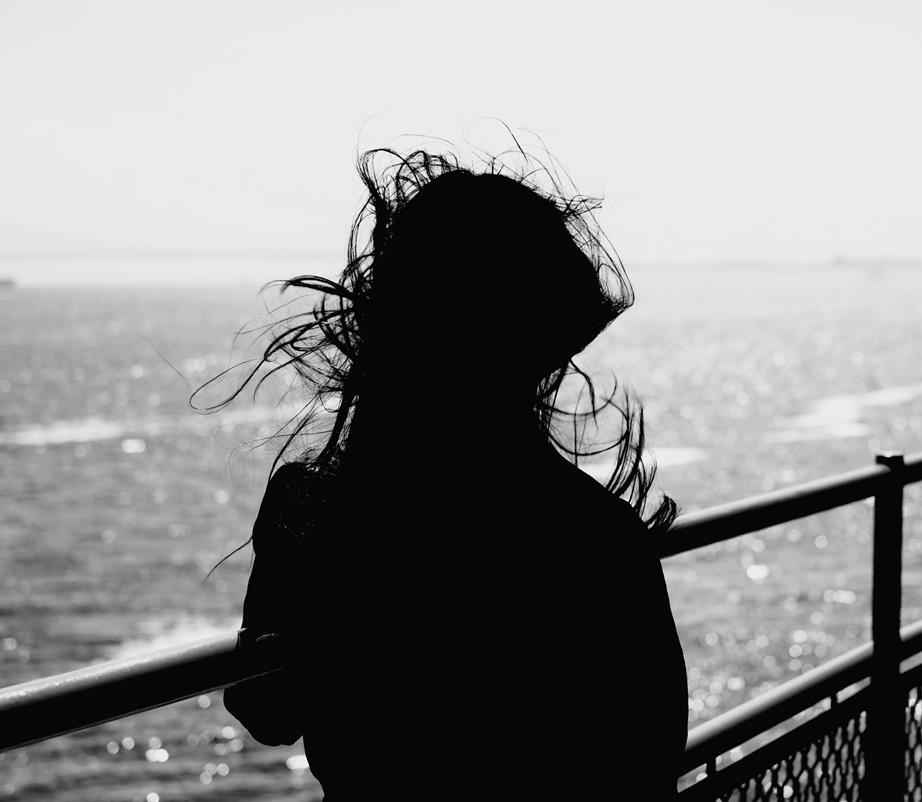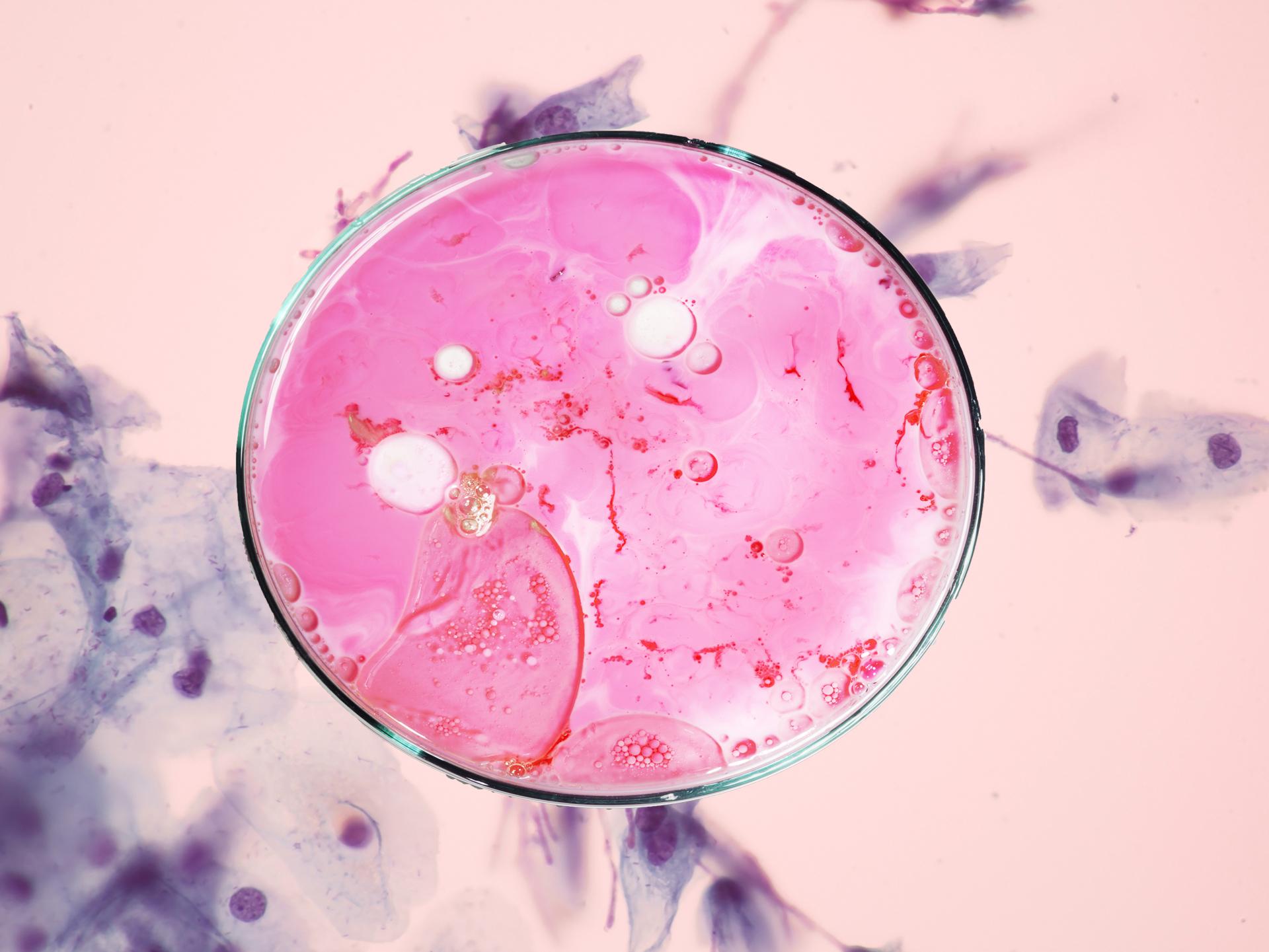Desperate Housewives actress Marcia Cross is nearing her one-year anniversary of being cancer free.
It was roughly 18 months ago when her world was turned upside down with the shock diagnosis of anal cancer.
Marcia (57) was sadly all too familiar with what it could mean, having lost her first husband to a brain tumour and supporting her second husband through throat cancer 10 years ago.
She says she now feels back to herself – almost.
“Whenever you have cancer, you think, ‘I just want to get back to my life.’ But afterwards, you realise you will never be the same,” she tells.

Marcia, who shot to fame on Desperate Housewives (left), wants to destigmatise anal cancer.
Marcia says she feels more blessed than ever to still be on the planet, and for the wonderful friends and family who supported her through the illness.
The mother-of-two underwent a six-week course of chemotherapy and radiation – she lost her hair, but due to a condition called telogen effluvium, caused by stress, rather than the chemotherapy.
Marcia had no symptoms when her anal cancer was discovered. It was picked up by her gynaecologist who noticed something unusual during a regular examination.
She was sent for a specialist appointment that very same day – an appointment Marcia nearly skipped because she didn’t realise quite how serious the situation was.
It wasn’t until during the rectal exam at the specialist’s office that reality struck.
“We were talking about what our kids were going to dress up as for Halloween,” she recalls. “And then she came around the table and said, ‘I just want you to know that whatever it is, it’s curable. At that moment, I left my body.”
Now, Marcia is determined to get women – and men – talking about anal cancer, which has symptoms including anal bleeding, itching, pain or lumps.
“I want to help put a dent in the stigma around anal cancer,” she says.
“I’ve read a lot of cancer-survivor stories and many people, women especially, were too embarrassed to say what kind of cancer they had. There is a lot of shame about it.
“I want that to stop.”
 Getty Images
Getty Images



